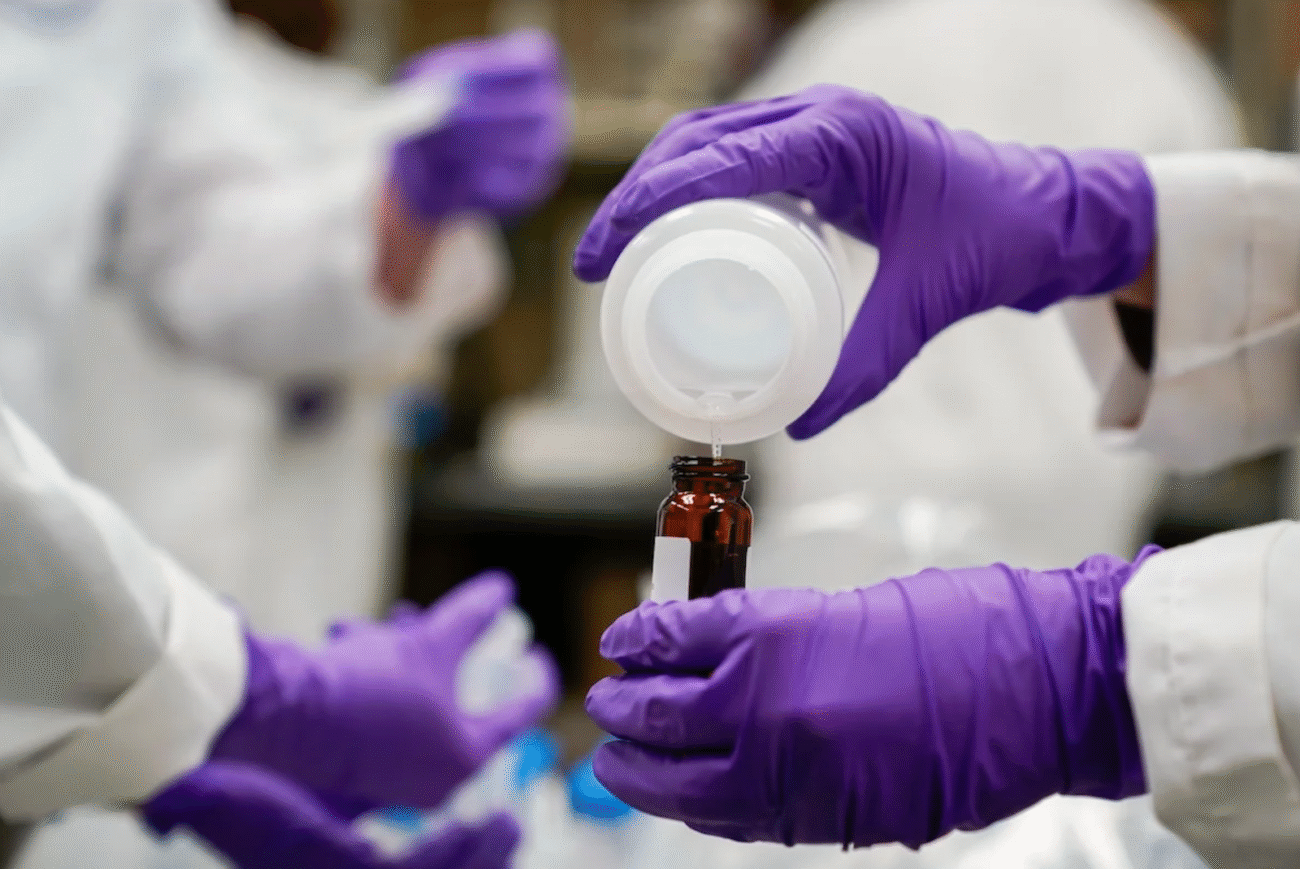PFAS restricted in Delaware drinking water
The state is no stranger to PFAS contamination. Its largest city, Wilmington, is known as the chemical capital of the world and is home to DuPont, which used PFAS chemicals to manufacture its products, such as Teflon.
PFAS chemicals have been detected across the state, including in the cities of Dover and Blades, as well as in rivers and streams.
The new regulations come as the Trump administration threatens to weaken federal PFAS regulations. The EPA implemented regulations last year requiring water providers to test and treat “forever chemicals” to almost zero by 2029. The agency pivoted last month, proposing to roll back certain PFAS restrictions and extend the compliance deadline to 2031.
Delaware’s new PFAS rules mirror the EPA’s regulations adopted last year, restricting two types of PFAS — PFOA and PFOS — to 4 parts per trillion.
Drinking water providers would also be required to reduce three other types of PFAS — PFHxS, PFNA and GenX — to 10 parts per trillion, and limit a mixture of several types of “forever chemicals.” The EPA has proposed rescinding federal restrictions on these types of chemicals in drinking water.
Though PFOA and PFOS are most commonly detected across the U.S., chemicals such as PFHxS are frequently found in communities near airports and military bases, where firefighting foam has been discharged.
Residents who live near the Wilmington Airport in New Castle have exceedingly high levels of PFHxS in their blood from drinking contaminated water, according to the Centers for Disease Control and Prevention. The contamination is associated with the National Guard’s use of firefighting foam on a base at the airport.
“DuPont being such an important industry in Delaware, and the use of PFAS at various facilities, including firefighting foam at military facilities, has really exposed Delawareans to higher levels of PFAS than many other states,” Carluccio said.
The new regulations require Delaware water providers to test for PFAS next year — a year sooner than the federal requirements. Water providers also would be required to notify rate payers if their drinking water contains PFAS.
“Forever chemicals are linked to serious health problems, particularly for children,” said the bill’s sponsor, state Sen. Darius Brown, in a statement. “Through Senate Bill 72, we underscore our continued commitment to transparency and empowering every Delawarean with the data necessary to make fully informed decisions about their personal health.”
The state would use funds from a settlement with DuPont and other chemical companies totaling $50 million to help water providers reduce PFAS over the next decade.
The legislation now heads to Democratic Gov. Matt Meyer to sign into law.


